Nigeria’s march to independence in 1960 was a watershed moment in the nation’s history, marking the culmination of decades of struggle against colonial rule and the dawning of a new era. Behind this historic transition stood a cadre of remarkable individuals whose dedication, vision, and resilience left an indelible mark on the nation. From the creator of Nigeria’s iconic flag to the composer of its stirring national anthem, these visionaries not only contributed to the country’s freedom but also played pivotal roles in shaping its identity and destiny.
In this exploration of Nigeria’s struggle for independence, we delve into the lives and legacies of ten individuals whose influence reverberated far beyond their lifetimes as we celebrate the 63rd independence anniversary of our dear nation. These architects of independence spanned various domains, including politics, art, culture, and education. Each one brought a unique perspective and set of talents to the table, ultimately contributing to the rich tapestry of Nigeria’s history.
Michael Taiwo Akinkunmi – The Flag Bearer:
At the heart of Nigeria’s visual identity lies its flag, a symbol of unity and hope. Michael Taiwo Akinkunmi, a young Nigerian student, had the foresight to design a flag that encapsulated the nation’s aspirations. His creation became the embodiment of Nigeria’s lush landscapes and quest for peace.
Herbert Macaulay – The Nationalist Vanguard:
Herbert Macaulay was a charismatic nationalist leader who rallied Nigerians to the cause of self-governance. His relentless pursuit of independence set the stage for future generations of activists and leaders.
Dr. Nnamdi Azikiwe – The First President: Dr.
Nnamdi Azikiwe, affectionately known as “Zik,” transitioned from a staunch advocate of independence to becoming Nigeria’s first President. His legacy as a statesman and political leader endures.
Obafemi Awolowo – The Voice of the West:
Obafemi Awolowo, a towering figure in Nigerian politics, was a proponent of regional autonomy. His ideas and leadership shaped the nation’s early political landscape.
Sir Abubakar Tafawa Balewa – The Premier Prime Minister:
Sir Abubakar Tafawa Balewa served as Nigeria’s first Prime Minister, guiding the nation through its early years as a sovereign entity.
Ladi Kwali – The Potter’s Muse:
Ladi Kwali’s exquisite earthenware not only showcased Nigeria’s artistic heritage but also served as a symbol of cultural pride on the global stage.
- O. Davies – The Anthem Composer:
Reverend H. O. Davies composed Nigeria’s first national anthem, a musical expression of the country’s newfound independence and aspirations.
Benedict Elide Odiase – The National Anthem Maestro:
Benedict Elide Odiase composed the current national anthem, reflecting the unity and diversity of the Nigerian people.
Funmilayo Ransome-Kuti – The Women’s Champion:
Funmilayo Ransome-Kuti was a fearless advocate for women’s rights and social justice, leaving an enduring legacy in the struggle for equality.
Alvan Ikoku – The Education Reformer:
Alvan Ikoku’s pioneering work in education reform laid the foundation for a more accessible and robust educational system in Nigeria.
As we delve into the lives and contributions of these remarkable individuals, we gain a deeper appreciation for the diverse tapestry of talents and passions that came together to shape Nigeria’s journey to independence and nationhood. Their stories serve as a testament to the power of vision, determination, and collective effort in forging a brighter future.



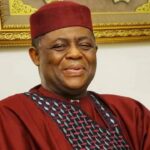
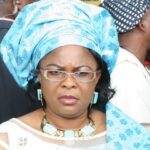
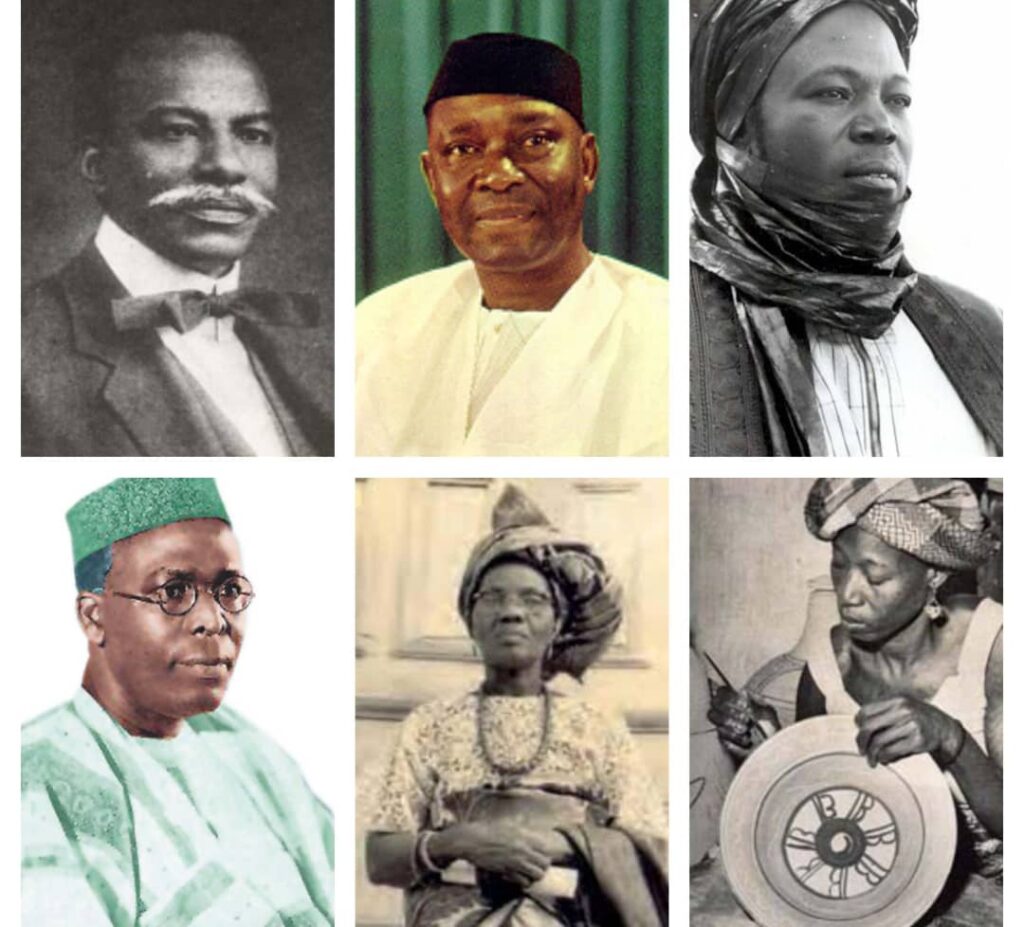

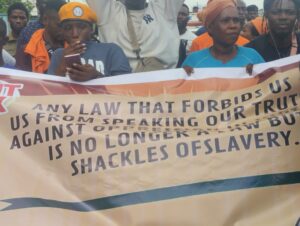

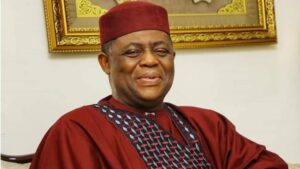
More Stories
Ndume tackles Tinubu over massive borrowings, lists ‘spurious’ items
Police teargas protesters in Rivers, Abuja
Massive protest against Trump hots up in major U.S. cities